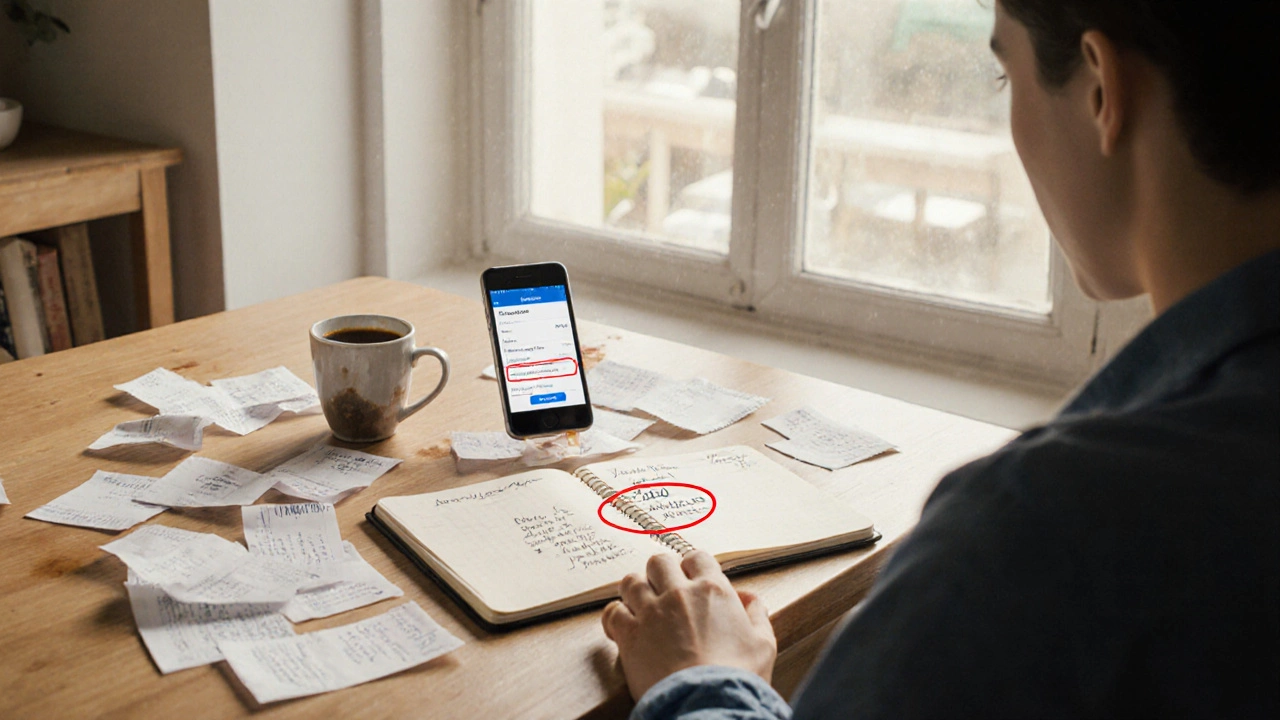Personal Budgeting: Simple Ways to Take Control of Your Money
When you hear personal budgeting, the practice of planning how to spend and save your income each month. Also known as household budgeting, it’s not about cutting out coffee or never buying new shoes—it’s about knowing where your money goes so you can decide where it should go instead. Most people think budgeting means living on rice and beans, but the truth is, it’s the opposite. It’s freedom. Freedom to spend on what matters without guilt, freedom to save without stress, and freedom to handle surprises—like a broken fridge or an unexpected bill—without panicking.
Good cash flow management, tracking income and expenses to ensure you’re not spending more than you earn is the backbone of personal budgeting. You don’t need fancy apps or spreadsheets to start. Just write down what comes in and what goes out for one month. You’ll be shocked at what you find—maybe you’re paying £30 a month for a gym you never use, or £50 on takeaways because you didn’t plan meals. That’s not bad spending—it’s just uncontrolled spending. Fix that, and you unlock money you didn’t know you had.
And when you start controlling your cash flow, something else happens: you begin to build an emergency fund, a stash of cash set aside specifically for unexpected costs like car repairs or medical bills. This isn’t about saving for a vacation. This is about not going into debt when life throws a curveball. In the UK, nearly half of adults couldn’t cover a £400 surprise expense. That’s not luck—it’s a lack of budgeting. The people who do it right don’t earn more. They just track better.
It’s not about being perfect. It’s about being consistent. Some people use the zero-based method—every pound has a job. Others use the 50/30/20 rule: 50% needs, 30% wants, 20% savings. Some just use a notebook. All of them are doing something most people don’t: they’re paying attention. And that’s the real secret. Personal budgeting isn’t a math test. It’s a habit. A daily check-in with yourself about what you value and how you’re spending your time and money.
You’ll find posts here that show you exactly how to start—even if you’ve tried and failed before. There are guides for beginners who feel overwhelmed, tools to track spending without feeling like you’re doing homework, and real examples of how people in the UK turned small changes into big results. You’ll also see how credit card use, loan payments, and even insurance choices tie into your budget. Because budgeting doesn’t happen in a vacuum. It’s connected to everything you do with money.
What you’ll see below isn’t theory. It’s what people are actually doing. No fluff. No jargon. Just clear, practical steps to take control—not just of your money, but of your peace of mind.

Avoid these three common budgeting mistakes: guessing your spending, treating budgeting like punishment, and ignoring changing income. Learn how to build a realistic, flexible budget that actually works.
Read More